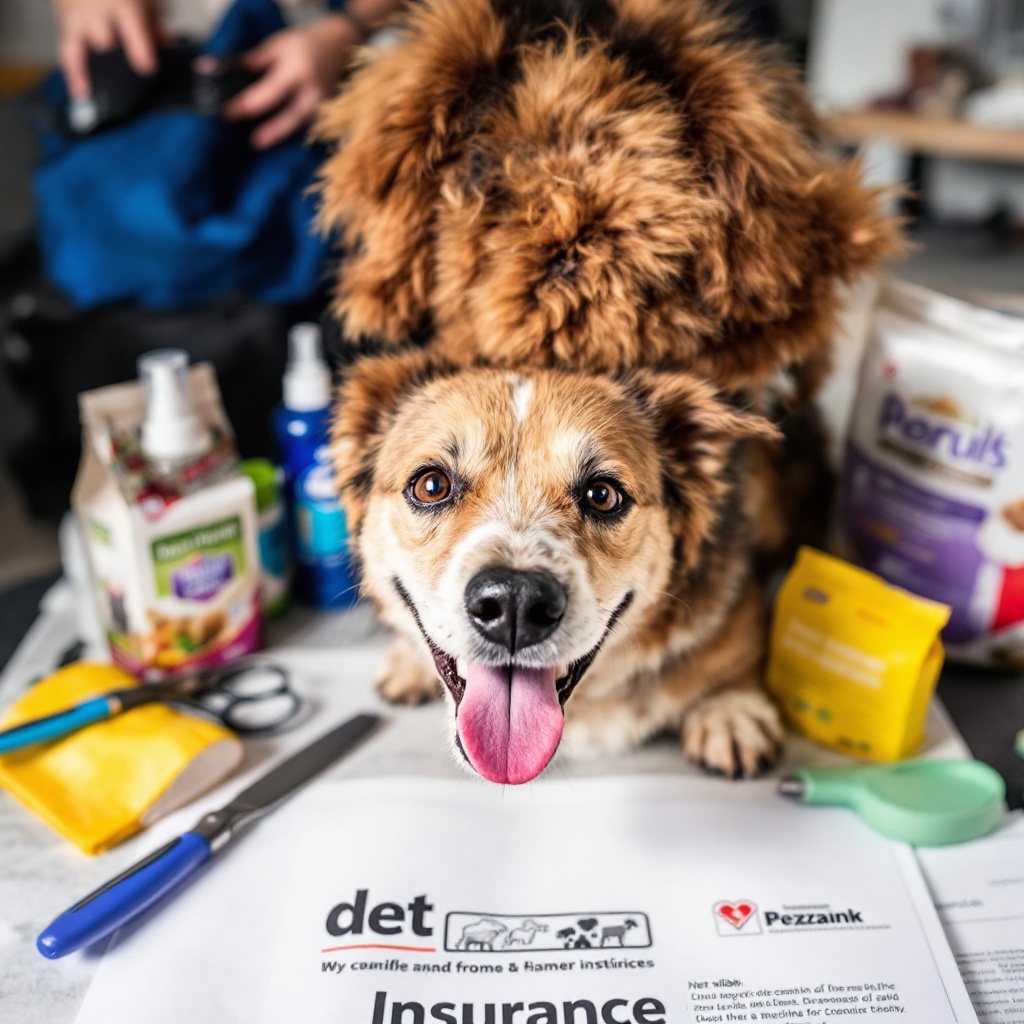Nutritional needs of older hunting dogs: Vitality in old age through the right diet
It's no secret that our four-legged friends need special care as they get older. But while the thought of the all-too-familiar broken bone in old age quickly comes to mind, many a dog owner wonders: what about nutrition? Well, hold on to your leads as we take a deep dive into the nutritional needs of older hunting dogs. From the right choice of food to the tastiest treats, here's everything you need to know to support your senior's health and vitality!
Why nutrition plays a major role in senior dogs
A hunting dog's diet changes with age for several reasons. The metabolism slows down and the body's ability to absorb nutrients can decrease. In addition, diseases such as arthritis or organ problems can occur. Aha, that sounds like a challenge, doesn't it? But don't worry - with the right diet, we can ensure that our faithful companion has many happy years ahead of them.

Specific nutritional requirements of older hunting dogs
There is no standardised concept when it comes to the nutritional requirements of older hunting dogs. It all depends on the individual dog and its health requirements. Here are some general guidelines:
- High-quality protein: Hunting dogs need protein that is easily digestible in order to maintain muscle in old age.
- Fat reduction: With less exercise and a slower metabolism, it is advisable to reduce the fat content in the feed to avoid obesity.
- Dietary fibre: They promote healthy digestion and help to keep bowel movements regular.
- Essential fatty acids: Omega-3 and omega-6 fatty acids support joint health and a shiny coat.
- Antioxidants: These protect the body from free radicals and strengthen the immune system.
Frequent health problems and dietary adjustments
Every hunting dog is unique and health problems may require individual adjustments.
Arthritis and joint problems
Older dogs are often prone to joint problems. A diet rich in omega-3 fatty acids, glucosamine and chondroitin can help to improve joint health. Fish oil is an excellent source of these.
Kidney problems
With kidney disease, it is crucial to control the protein content and focus on easily digestible proteins. This balancing act sometimes requires help from veterinarians to ensure that the dog receives all the necessary nutrients.
Tasty adaptations: Meals for the gourmet dog
Keep your older hunting dogs happy by adding variety to their meals. Try it with:
- Boiled pumpkin or sweet potatoes for fibre and a little sweetness.
- Cooked chicken or turkey for lean protein.
- Fresh vegetables such as carrots or green beans as a healthy side dish.
Treats and snacks: what else is possible?
Of course, treats are also a must for senior dogs. Choose snacks that are tailored to the needs of older dogs:
- Tooth-friendly chews: They promote dental health.
- Freeze-dried meat: A high-protein alternative with a low fat content.
- Carrot slices: Crunchy and low in calories, ideal for dogs with a sweet tooth.
The big question: dry or wet food?
When deciding between dry and wet food for older hunting dogs, there is no definitive right or wrong. It depends on the dog's preferences and health needs. Dry food is often good for the teeth, while wet food offers more moisture - a real boon for dogs that don't drink much.
A mix of both worlds can be a great alternative to ensure the dog gets all the essential nutrients.
Conclusion: A balanced diet for a vital senior life
Proper nutrition plays a critical role in the quality of life of older hunting dogs. By catering to their specific nutritional needs, we can help them stay healthy, happy and active for a long time. So, let mealtimes at the food bowl be the highlight of the day and watch your faithful companions embrace old age with dignity and energy!
May your older hunting dog spend many more happy years at your side. Happy stalking and bon appétit!
FAQs
How much food does a senior dog need?
The exact amount of food depends on the individual dog, its breed, weight and activity level. An example can help: A barely active hunting dog of about 25 kg needs about 350 g of a special senior food per day. This should have a reduced phosphorus content of around 0.5 % to protect the kidneys.
What do older dogs need in particular?
Older dogs need a balanced diet rich in vitamins and antioxidants to support the immune system. Essential fatty acids such as omega-3 contribute to joint health, while easily digestible proteins are important to maintain muscle mass without burdening the kidneys.
Are older dogs hungrier?
Interestingly, the opposite is often the case. Senior dogs often have less appetite as their metabolism and activity levels drop. But be careful: there are dogs that want to snack out of boredom or habit, which can lead to obesity. It is then advisable to adjust their diet accordingly.
Are there specific food supplements for older hunting dogs?
Yes, there are supplements specifically for older dogs that contain ingredients such as glucosamine and chondroitin to support the joints. Fish oils for a shiny coat and better mobility can also be beneficial, but any supplementation should be done in consultation with a vet.
Author
-

David is a passionate aquarist with more than 20 years of experience in setting up and maintaining freshwater and saltwater aquariums. He specialises in the biodiversity of aquatic ecosystems, aquascaping and the species-appropriate keeping of aquarium fish. His articles on haustierewissen.de are a treasure trove for aquarium enthusiasts looking for sound advice and creative ideas for their underwater worlds.
View all posts




